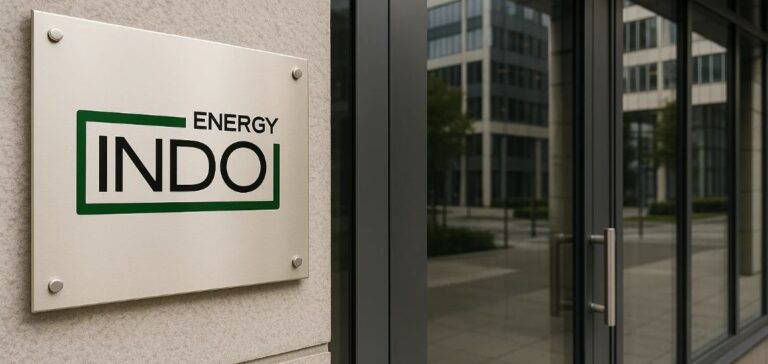Indonesia Energy Corporation (IEC), a publicly traded U.S. company focused on oil and gas exploration and production in Indonesia, has released a strategic update to its shareholders. The announcement marks a turning point in the company’s approach, as it plans to reinforce its position on key oil blocks while considering broader investments in national energy development.
Focus on Kruh and Citarum to boost oil supply
In its statement, IEC’s management confirmed an estimated 60% increase in proven reserves at the Kruh oil block, located in southern Sumatra. The company, which also holds rights to the Citarum block in western Java, has completed a geochemical survey in this area, which may hold the equivalent of one billion barrels. IEC stated that this analysis paves the way for an early move into drilling operations.
“This week, we will provide key updates on our oil assets, including the encouraging results from our recent Citarum study,” said Dr Wirawan Jusuf, Chairman of the Board, and Frank Ingriselli, President, in the shareholder letter dated May 27. According to IEC’s leadership, the Indonesian government actively supports the development of both projects.
Integrated vision centred on energy security
Beyond increased production prospects, IEC plans to diversify its investments in Indonesia’s energy infrastructure. This strategy aligns with the national “Golden Indonesia 2045” programme, which aims to position the country among the world’s top five economies. The company stated its intention to participate in this transformation by integrating broader energy solutions, though it has not yet specified which alternative segments will be targeted.
Historically focused on conventional hydrocarbons, IEC now refers to a broader energy approach that includes indirect forms of solar energy such as wind, biomass, and hydropower. However, no acquisitions or concrete timelines have been disclosed at this stage.
Confirmed positioning in the Indonesian market
The company presents its strategy as a means to reinforce its local footprint, calling itself the “purest U.S. public company play on Indonesia.” With a population of over 280 million people, nearly 70% under the age of 45, the archipelago represents a steadily growing energy market.
IEC plans to release further updates this year, notably on its resource development and potential infrastructure initiatives. “We are exploring other ways to invest in Indonesia,” said James Huang, Director and Chief Investment Officer, in the same statement.






















